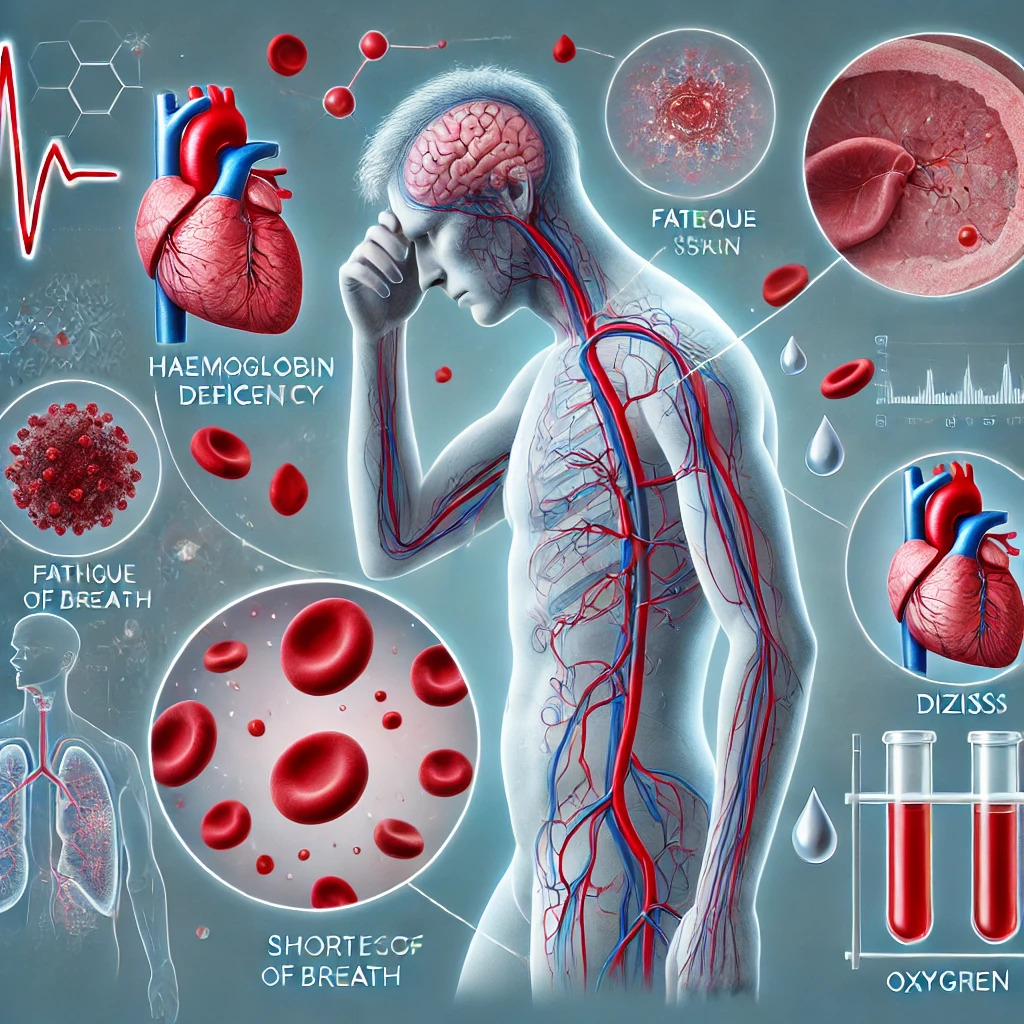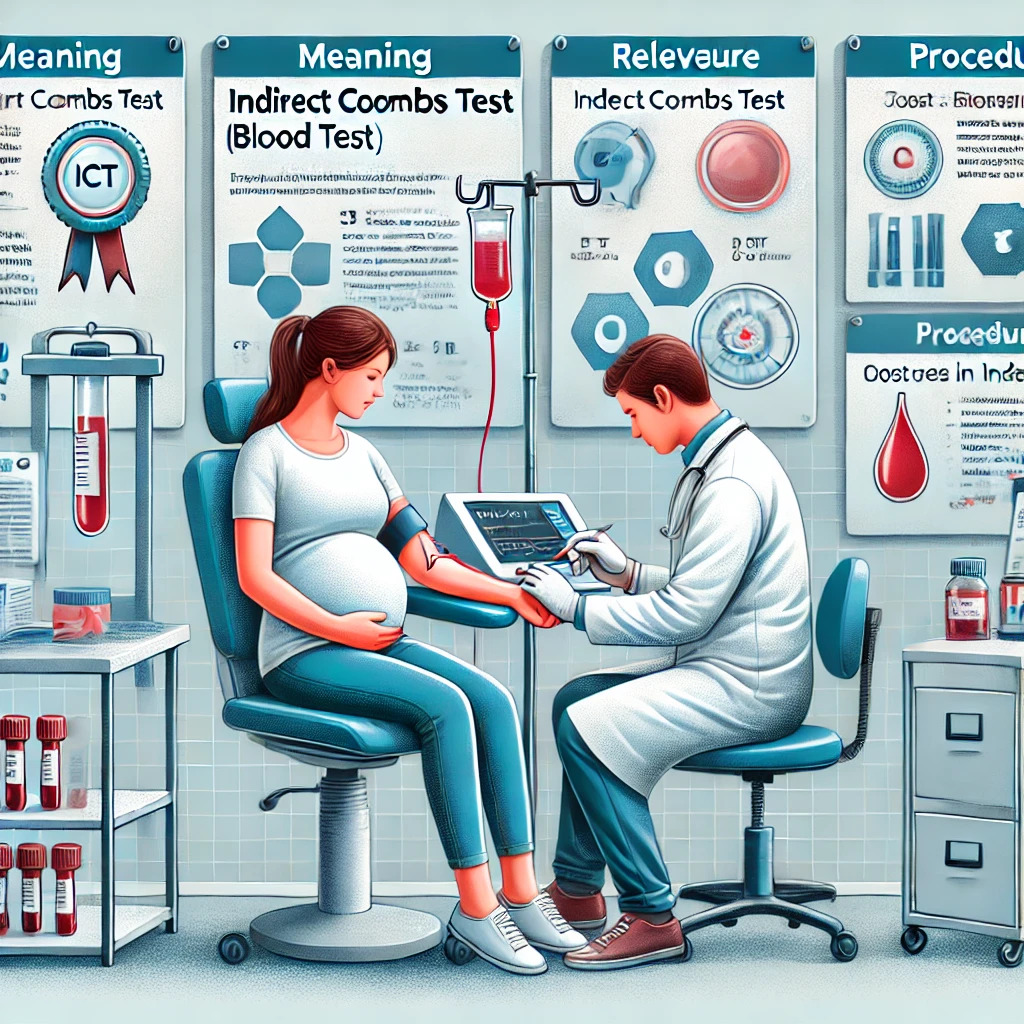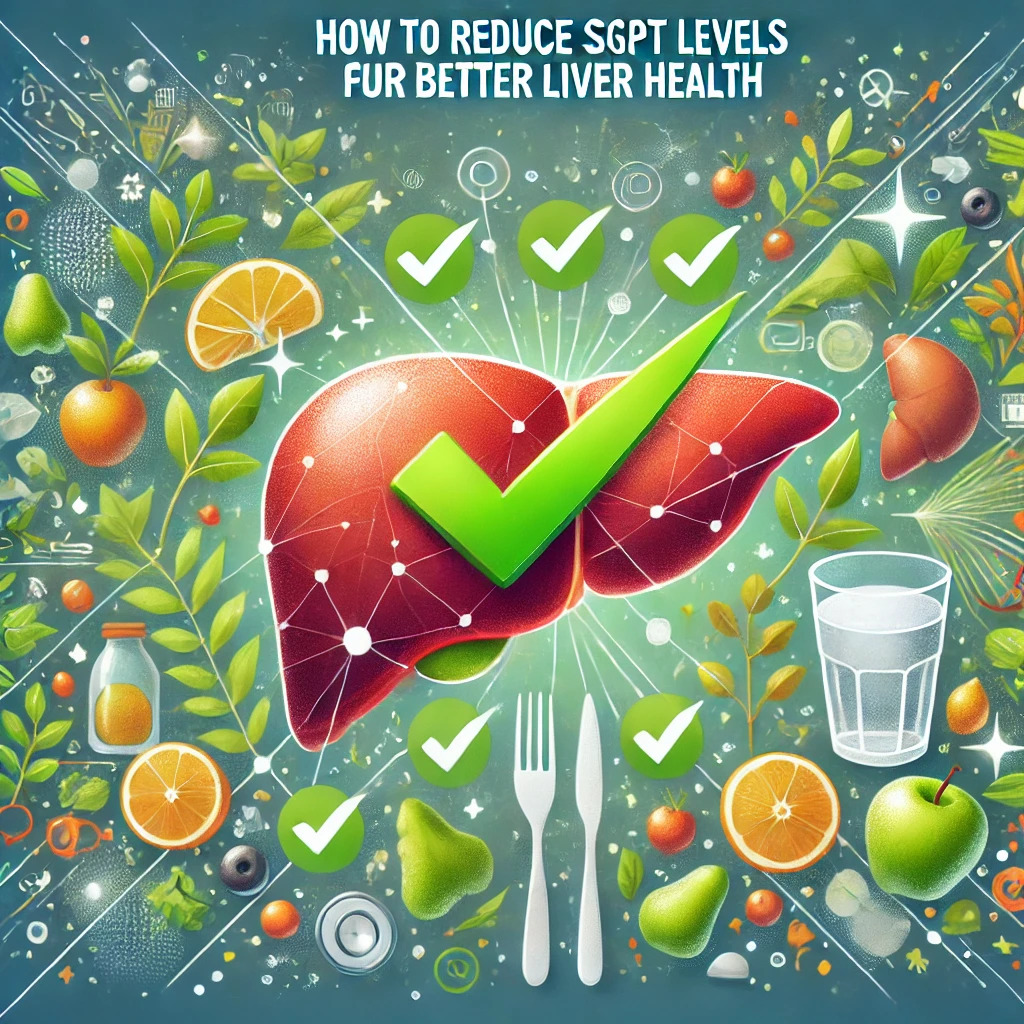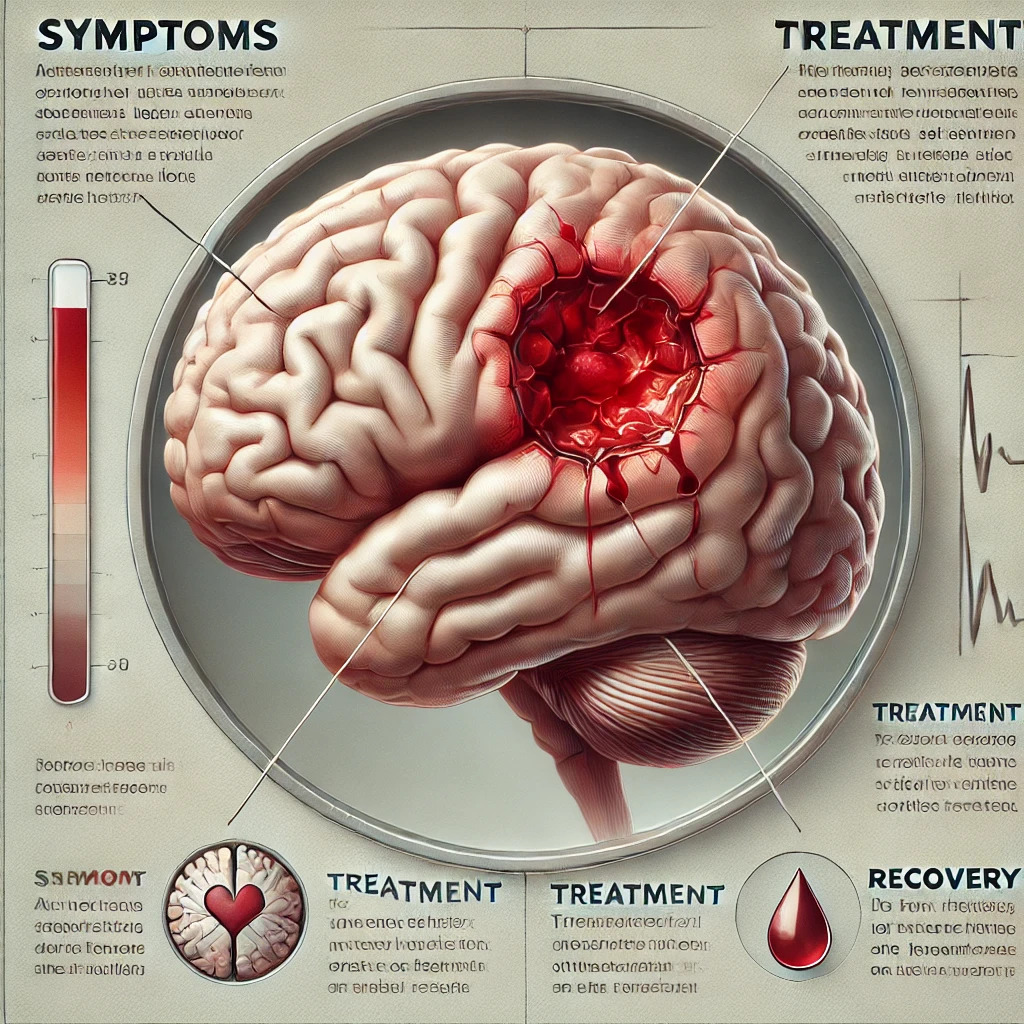Best Foods to Increase Haemoglobin: Additional Strategies for Pregnancy and Diabetes
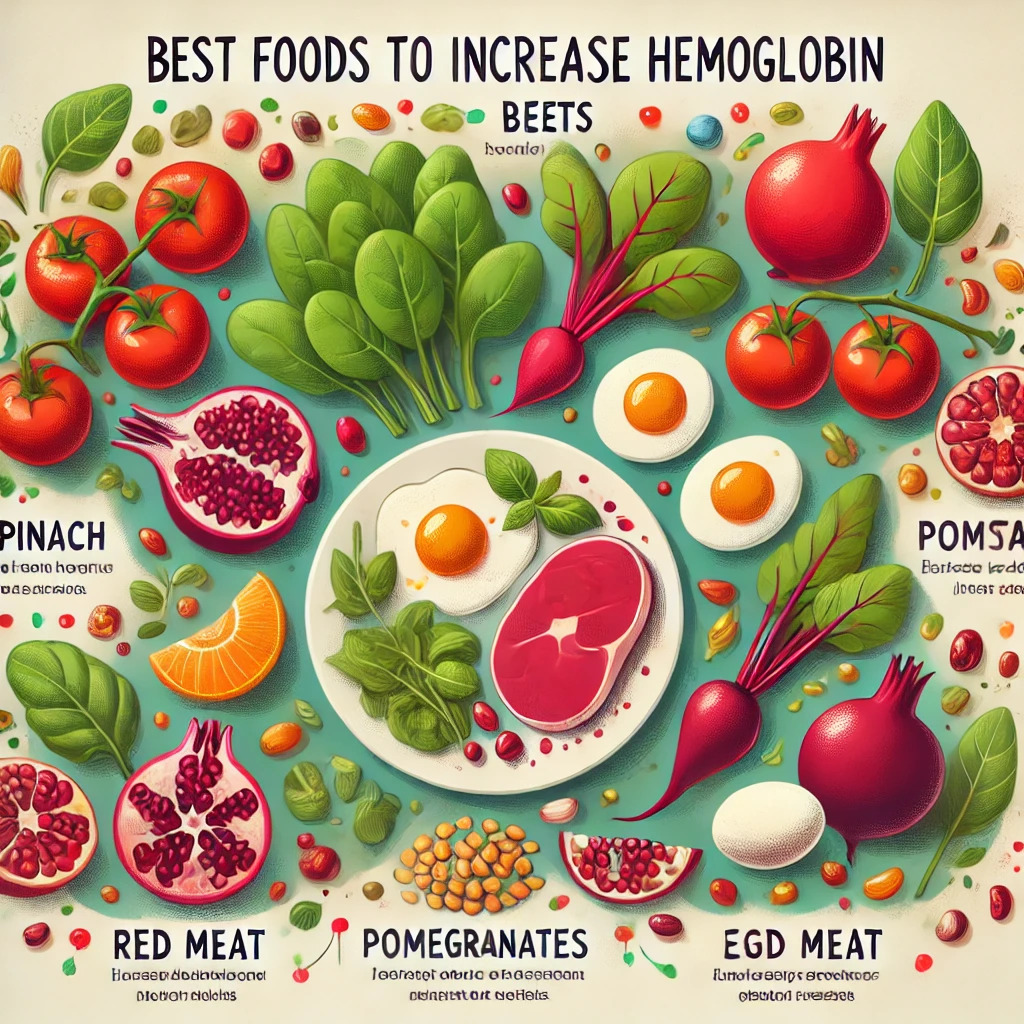
For most people, diet plays a major role in maintaining overall health and to improve various parameters of health. It is really important that people are aware of the foods which increase haemoglobin as anaemia greatly impacts the quality of life.
You know what makes your blood red? It is the haemoglobin protein which is rich in iron and its main role is carrying and transporting oxygen to different parts of the body. There is another thing which it does and that is carrying carbon dioxide away from the cells and then to the lungs from where it is expelled.
If your haemoglobin levels are low, then you may develop anaemia. It will lead to a lack of oxygen in the body and that creates a lot of issues for a person. It is important to know about the best foods to increase haemoglobin because dietary supplements and foods can be really helpful except in certain health conditions and diseases.
This blog explores foods and other things which may help you improve your haemoglobin levels with special emphasis on diabetes and pregnancy. It is important that if you have diabetes or you are pregnant you should always consult your doctor before any interventions.
Here are the Things You Need to Do to Increase Haemoglobin
A number of nutrients are responsible for haemoglobin and red cell production. Incorporating foods which provide these nutrients as well as foods which increase the absorption is really important.
Here are the nutrients and the best foods to increase haemoglobin:
Increase iron rich foods in your diet: iron is the most important mineral for haemoglobin production.
Food sources rich in iron include:
Lean meats
Poultry
Fish
Shellfish
Spinach
Kale
Lentils
Beans
Tofu
Fortified cereals
Add foods to maximise iron absorption: vitamin C is the nutrient responsible for this especially for the non-heme iron which is found in plant based foods. So, the foods which can help include:
Oranges
Guava
Amla (Indian gooseberry)
Lemon
Strawberries
Bell peppers
Papaya
Tomato
Kiwis
Broccoli
Add more foods with folate in your diet: as it is an important nutrient that is needed for cell division as well as red blood cell production.
Foods you should include to get more of it include:
Leafy green vegetables like spinach and lettuce
Legumes like beans and lentils
Citrus fruits
Nuts
Seeds
Increase B6 intake: most people forget to increase the intake of this vitamin which is very important for the formation of haemoglobin and red blood cells.
You can include foods like:
Chickpeas
Salmon
Potatoes
Bananas
Turkey
Avocado
Sunflower seeds
Mangoes
Soy products
Add some copper through your diet: as this trace minerals helps the body absorb iron.
Foods which provide it include:
Nuts like cashews and almonds
Seeds like sunflower seeds
Shellfish
Whole grains
Dark leafy greens
Chocolate and cocoa
Increase B12 rich foods in your diet: which is mainly found in animal products. Vegetarians and vegans need supplements and fortified foods.
Its main sources are:
Fish like sardines and salmon
Eggs
Dairy products
Fortified cereals
Taking enough protein: because haemoglobin is a protein molecule.
Your diet can include:
Lentils
Eggs
Dairy products
Soy products
Green leafy vegetables
You need to stay hydrated, exercise safely and regularly, manage stress, limit alcohol intake, take supplements as advised, and avoid iron inhibitors.
Low Haemoglobin in Diabetics: Reason and How Diet Can Help
Diabetic patients may have low haemoglobin levels and anaemia as a consequence due to various reasons. Poor blood sugar control is one of the main reasons which can lead to anaemia in diabetic patients. Apart from this, some medicines used to manage diabetes and complications of diabetes can also affect red blood cells production. Kidney issues can arise after years of having diabetes.
Kidney problems can reduce haemoglobin levels because kidneys play a major role in producing erythropoietin. This is a hormone which stimulates red cell production and its reduced production will lead to low red blood cell count resulting in anaemia.
There are foods to increase haemoglobin levels in diabetics which are easily available and can be a part of diabetic food plan without causing major fluctuations in sugar levels. These are:
Leafy greens like spinach, kale, and others which provide both iron and folate for red blood cell production.
Different types of legumes like beans and lentils are rich in iron and folate.
Lean meats like chicken and poultry will give heme iron (much easier to absorb than non heme iron found in vegetarian foods) as well as high quality protein.
Nuts and seeds provide iron as well as many other micronutrients.
Fortified cereals with iron are also a good way to manage the deficiency.
Understanding Low Haemoglobin in Pregnant Individuals and Role of Diet
During pregnancy, many individuals experience low haemoglobin levels which causes anaemia. Many physiological changes are responsible for this such as an increased blood volume during pregnancy which dilutes haemoglobin levels. Body also has a higher demand for iron because it has to support the growing foetus. Hormonal changes, dietary factors are also responsible.
If the person was anaemic before pregnancy, then the deficiency becomes more pronounced. Pregnant people require iron and folate supplements. In case, iron and haemoglobin levels are very low, then they may require blood transfusion or erythropoietin injections. Diet plays a huge role in maintaining haemoglobin levels during and after pregnancy.
Here are the best foods to increase haemoglobin levels in pregnancy:
For non-vegetarians, iron rich meats like red meat and poultry are excellent sources of heme iron.
Dark leafy greens like spinach, broccoli, kale, etc provide iron, folate, and many other nutrients.
Legumes like lentils, chickpeas, beans, etc, are packed with protein and iron.
Eggs are an excellent option to include in diet as these nutrient powerhouses have both iron and protein along with so many other nutrients.
Citrus fruits help in enhancing iron absorption and also help with stimulating appetite.
Why Diet Alone May Not Help Increase Haemoglobin
People may sometimes see that making lifestyle changes such as dietary modifications does make a di


